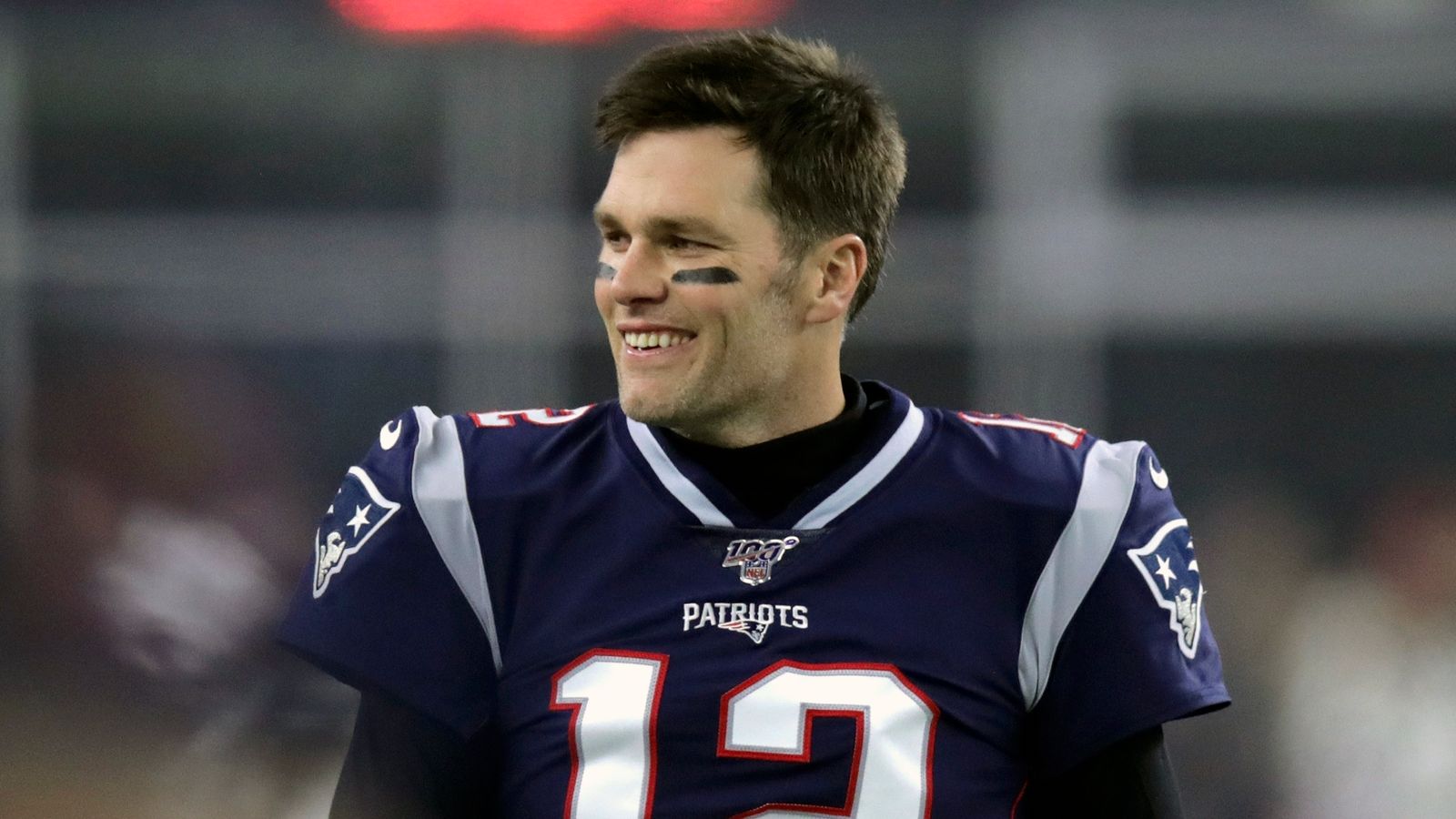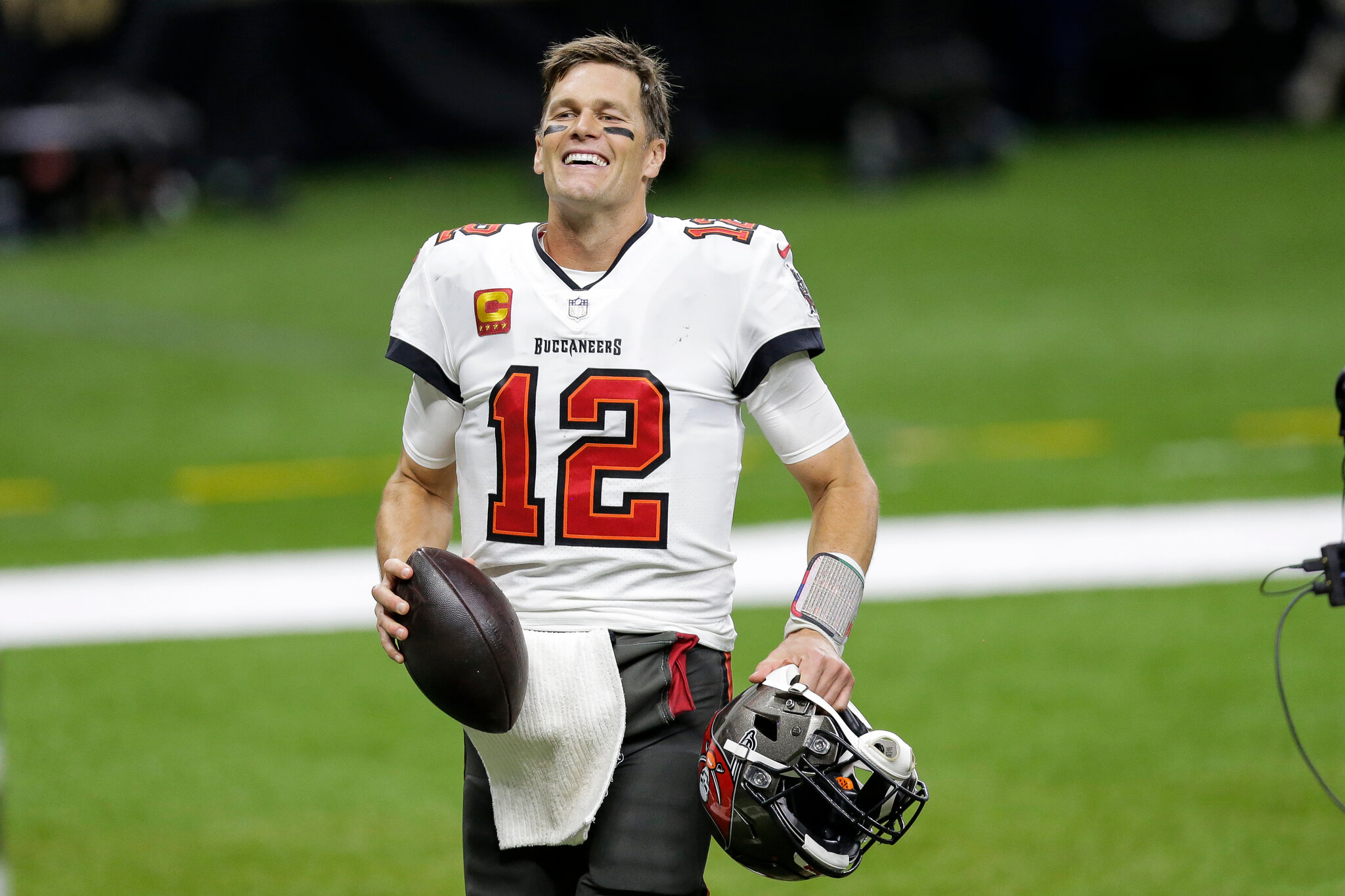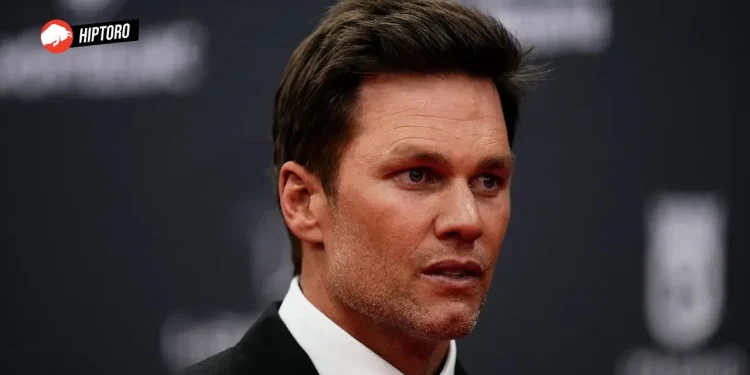Former Kansas City Chiefs offensive lineman Mitchell Schwartz has sparked a debate with his recent critique of NFL legend Tom Brady’s views on young athletes and their branding efforts. The conversation highlights a growing generational divide in professional sports, exacerbated by the rise of digital platforms and personal branding opportunities.

Mitchell Schwartz Calls Out Tom Brady
Mitchell Schwartz, known for his straightforward approach, took to his X account to express his discontent with Brady’s recent comments. Tom Brady, whose illustrious career has made him a household name, criticized today’s young athletes for being overly focused on their personal brands and social media presence, at the expense of team-oriented values.
“Good thing he didn’t start his own clothing/fitness/lifestyle brand and insist on his personal trainer having privileges in the building no one else gets,”
Schwartz posted, highlighting that Brady himself has engaged in substantial personal branding after establishing his career.

The Evolution of Athlete Branding in the Digital Age
The controversy touches on broader changes within the sports industry. Two decades ago, the landscape was markedly different—social media was non-existent, and personal branding was not the norm for athletes still making their names. Brady’s career began in this earlier era, which Schwartz suggests may color his perceptions of current athletes’ behavior.
Former #Chiefs Player Takes Aim at #NFL Legend Tom Brady! https://t.co/ACCQ3r3o6b
— NFL Analysis Network (@NFLAnalysisNet) April 23, 2024
Today, platforms like Instagram and Twitter allow athletes to build personal brands from early in their careers, a dynamic that was unavailable to Brady when he first started. This shift has brought significant benefits, including increased visibility and control over their public personas, but it also comes with challenges, such as increased scrutiny and the pressure to maintain a marketable image.
Generational Differences in the Spotlight
The discussion between Schwartz and Brady underscores a significant shift in the culture of sports, reflecting broader societal changes brought about by the internet. Young athletes today are growing up in a world where personal branding and online presence are not just optional extras, but essential components of their careers and public identities.

While Brady may critique what he sees as a shift towards individualism over team spirit, it’s essential to consider that today’s athletes are navigating a completely different reality. The pressure to build and maintain a brand can indeed detract from a focus on team dynamics, but it also offers athletes unprecedented opportunities to shape their careers and post-sport lives.
The New Era of Sports and Identity
As the debate between past and present NFL stars continues, it serves as a reminder of the evolving nature of sportsmanship and celebrity. Whether Schwartz’s critique will prompt a broader reflection on these issues remains to be seen, but what is clear is that the intersection of sports, branding, and digital technology will continue to influence the ethos and careers of athletes across all sports.
As the landscape evolves, so too must the perspectives of those involved in and commenting on the industry, recognizing the new challenges and opportunities that today’s athletes face.










